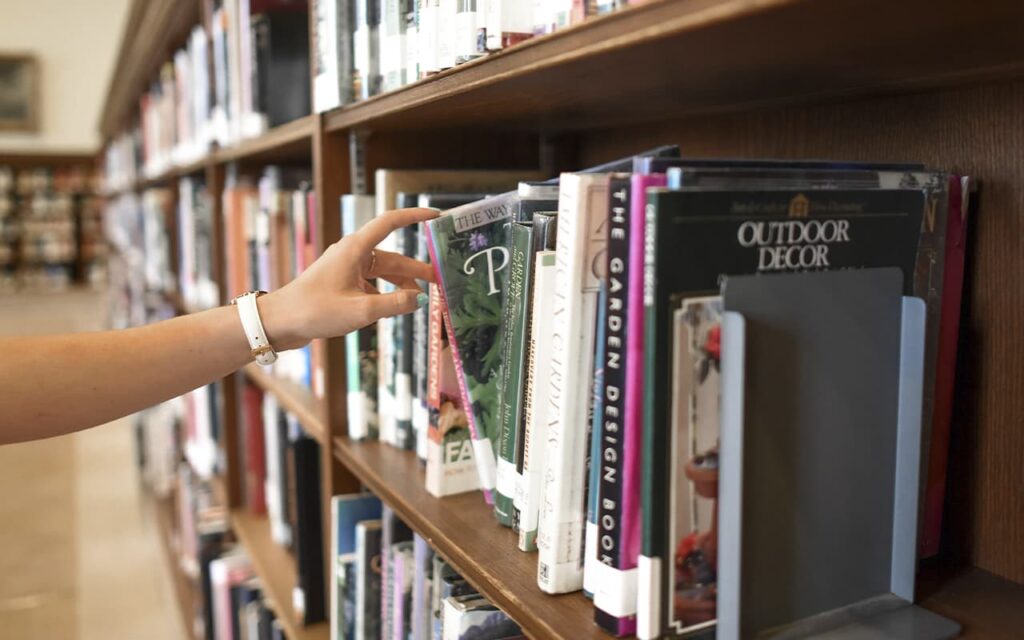Undoubtedly, the experience of writers helps a person not only to understand his place in society, not only to verify, correctly build his life path, but also helps in everyday life, in solving many social problems and conflicts. Practically all problems and conflicts are described and solved in one way or another in classical literature, and our task is to perceive the experience of writers, to comprehend it and to be able to operate worldly conclusions in practice. Indeed, turning to literature, we save a lot of personal time, learning from the examples of literary heroes behavior in life situations, comprehending human characters and destinies.
Literature is a reflection of the era, reveals social problems not only personal, not only national, but also universal and global. Literature is among the first to respond to the challenges of the time, it voices, comprehends everything that happens in the heart of man, everything that happens in the country and in the world. The experience of writers is invaluable: we can use literature to feel ourselves a contemporary of any epoch, we can see the modern world in a comprehensive and objective way.
But literature is also work with the word, understanding the essence of how the word can affect the life of man and society.
The role of literature in the modern world is growing manifold
Let no one be misled by the empty halls of libraries: yes, three decades ago, at any moment, going into a library, we would see a line of librarians issuing books; in the reading rooms, there would be no free space. Now the book industry is so developed that anyone can buy a book necessary for work or important for reading; add to this the availability of books on disks, easy access to library resources via the Internet, the availability of reading books on tablets – electronic media, where you can upload, download from the Internet an impressive number of books in electronic form ….
And libraries themselves in the modern situation begin to play the role of not only a “supplier” of information, but also increasingly take on the role of a social institution designed to unite and educate people. There are literary cafes, literary lounges, literary and theater circles, children’s rooms with books and toys, even studios where teenagers under the supervision of teachers prepare lessons together. Modern libraries are organizers of festivals, forums, conferences, literary readings – increasingly playing the role of socio-cultural platforms of a city or a settlement.
The importance of literature as a subject for the socio-cultural worker is very high. With the help of literature as art in a short time we acquire precious life experience, painlessly for ourselves play out many life situations, learning from them how to behave in real life.
With the help of literature, a social worker, a specialist in the sphere of cultural and leisure activities can learn a lot of plots, characters of heroes. From literary works it is possible to take out a whole “baggage” of models of behavior in various life situations, without wasting time on the analysis of similar situations in real life. Literature enriches a person’s life experience. It is not by chance that literary plots form the basis of theatrical plays and movies: many plots have important life lessons and healing morals. Literature influences society and to a great extent influences human behavior and shapes human character.
The cognitive (epistemological) function of literature is that literature gives an idea of the people, the region, the country, as well as the time – the period, the years of events, the era. Literature comprehends the specifically taken space and time holistically with the mentality of the people or the mentality of a certain society; thus literature contributes to the fact that people realize their own needs, verify their interests.
